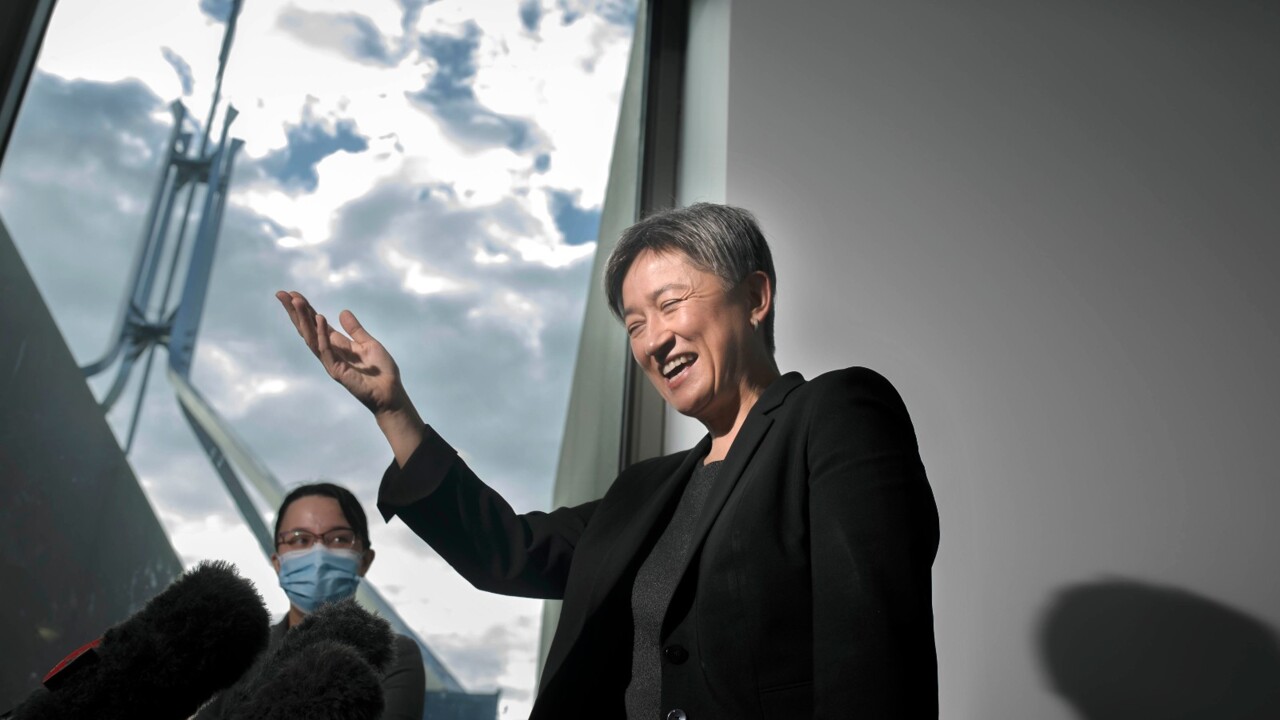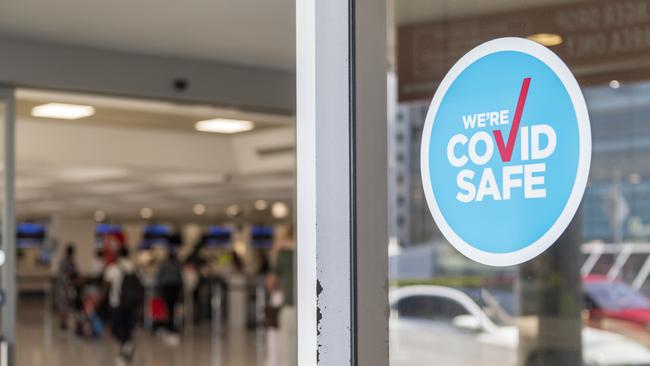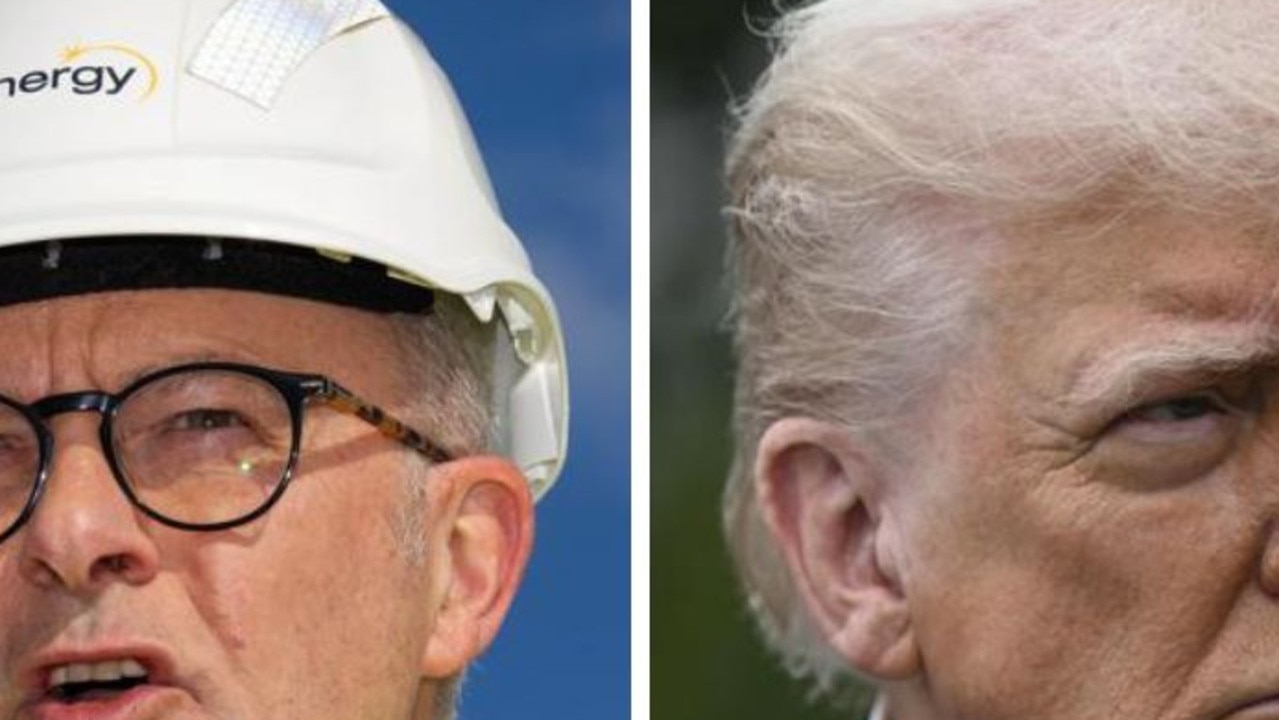Long Covid symptoms ‘linked to face blindness’, says new study
A disturbing new long Covid symptom has been discovered by researchers. See what it is and how it affects sufferers.

World
Don't miss out on the headlines from World. Followed categories will be added to My News.
An alarming new long Covid symptom has been discovered by researchers that leaves patients unable to recognise familiar faces.
Previous studies have shown that infection with the coronavirus can cause a range of neurological symptoms, such as the loss of smell and taste, as well as impairments in attention and memory known as “brain fog”.
However, a new report published this month in the journal Cortex, suggests some individuals may develop “prosopagnosia”, also known as face blindness, following symptoms consistent with Covid.
The study describes the case of Annie, a 28-year-old woman who had no trouble recognising faces prior to coming down with Covid in March 2020.
Her symptoms with the virus included high fever, shortness of breath, diarrhoea and coughing spells that were so bad she sometimes fainted from lack of oxygen.
However, two months later when her Covid symptoms returned, she began experiencing difficulty recognising faces.

It’s the first documented report of prosopagnosia — a neurological disorder that makes distinguishing faces impossible — after Covid-19, according to the study’s authors.
There is no cure for prosopagnosia – people with the condition usually learn how to compensate.
“Previous studies of the long-term effects of Covid-19 have reported deficits in memory, attention, and concentration that substantially impair everyday functioning,” the authors write.
“(But) in addition to the well-known broad impairments, Covid-19 sometimes causes severe selective impairments like prosopagnosia.”
Several weeks later, after her symptoms subsided, Annie returned back to work, but quickly noticed something was off when she struggled to recognise faces of colleagues she once knew.

She only realised the severity of her condition while at a family party, when she failed to recognise the face of her own dad.
“My dad’s voice came out of a stranger’s face,” she told researchers, adding that she now relies heavily on her memory of strangers’ voices.
She also struggled on a test in which researchers asked to recognise faces of celebrities.
“The combination of prosopagnosia and navigational deficits that Annie had is something that caught our attention because the two deficits often go hand-in-hand after somebody either has had brain damage or developmental deficits,” lead author, Professor Brad Duchaine, said.

“It's been known that there are broad cognitive problems that can be caused by Covid-19, but here we’re seeing severe and highly selective problems in Annie, and that suggests there might be a lot of other people who have quite severe and selective deficits following Covid.”
While the number of people living with long Covid worldwide is unknown, the Australian Institute of Health and Welfare estimates five to ten per cent of adults who caught the disease suffered from long Covid symptoms.
In the UK, the Office for National Statistics (ONS) estimated that 1.8 million people in the UK have the condition.
Previous studies have found Covid can increase people's risk of Parkinson’s disease, Alzheimer’s disease and ischaemic stroke.
It’s currently unclear how a respiratory infection could lead to persistent neurological issues for some people.
Symptoms of prosopagnosia include:
- Trouble identifying faces in person or in photographs
- Inability to describe faces
- Confusion when watching TV shows or movies that contain numerous characters
- Feeling of disorientation in crowded place





